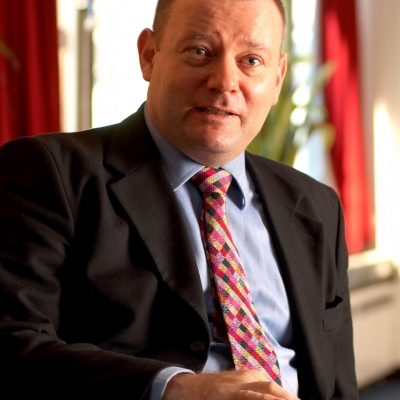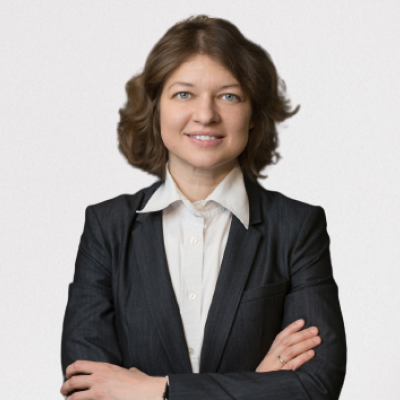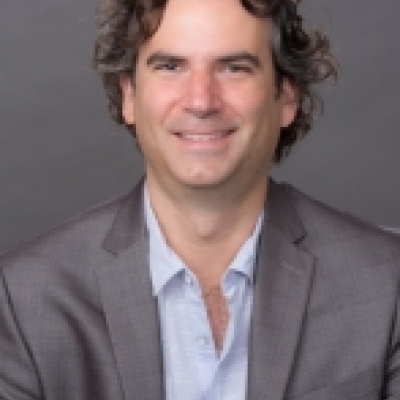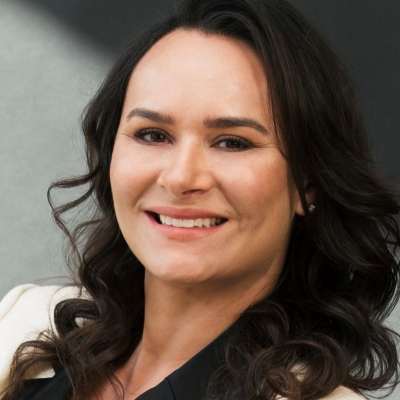Since Russia's large-scale invasion of Ukraine began in February 2022, the importance of energy security issues across the European continent has pushed this policy area to the center of national security and foreign policy strategies on both sides of the Atlantic. From Russia's indiscriminate targeting of civilian energy infrastructure across Ukraine, to physical attacks on energy and critical infrastructure across Northern Europe, to Europe's rapid transition from a high-level of dependence on Russian pipeline natural gas toward international LNG imports, and the rapid proliferation of renewable energy technologies in support of energy transition objectives, the energy security of Europe has continued to be a high-profile driver of national security headlines - a trend that will certainly continue to hold true in 2024 and beyond.
Please join the University of Pennsylvania's Kleinman Center for Energy Policy and the Center for European Policy Analysis (CEPA) for a virtual roundtable discussion featuring experts from Penn and the CEPA European energy security working group, for a timely discussion of these interdisciplinary topics as a part of Penn Energy Week 2024!
Please note that this webinar is by invite-only. If you are a member of the Penn community and are interested in attending, please contact: SaraJane Rzegocki, sarajane.rzegocki@cepa.org.

Alan Riley
Senior Fellow, Global Energy Center
Atlantic Council
Alan Riley is a nonresident senior fellow with the Atlantic Council Global Energy Center. He is also a professor at City Law School. City University advises governments, EU institutions, NGOs, and corporations on major strategic problems in relation to abuse of dominance, price-fixing, and merger cases concerning strategic problems in the global and European energy markets.
Additionally, he is an associate senior research fellow of the Institute for Statecraft and is a regular guest columnist on competition and energy law issues with the Wall Street Journal, the New York Times, and the Financial Times. Professor Riley is a regular contributor to topical programs in the media, including a recent BBC appearance to discuss the implications of the European Union’s investigation into the Gazprom case.

Olena Pavlenko
President and Co-Founder
DiXi Group Energy Security Think Tank
Olena Pavlenko is Chair of the PWYP Global Council and President of the DiXi Group, a Kyiv-based think-tank specialising in research and consultations in the energy sphere. Olena works in the energy sector for more than 17 years, dealing with such issues as energy security, energy transparency, oil and gas market liberalisation, EU-Ukraine-Russian energy relations, hydrocarbon development issues. Olena has served as not-on-staff Advisor to the Minister of Foreign Affairs of Ukraine (2019) and to the Minister of Energy (2015-2016).

Mitchell Orenstein
Russian and East European Studies Department
University of Pennsylvania
Professor Orenstein’s research focuses on the political economy of transition in Central and Eastern Europe, the role of ideas in economic policy reform, and Russia’s hybrid war on the West. Among his many published works are four prize-winning books on political economy and international affairs.
Orenstein teaches a course on Communism at Penn that analyzes the rise and fall of this alternative political-economic system, its legacies and relations to social democracy. He teaches a course on Russia and Eastern Europe in International Affairs that analyzes geopolitical competition between the European Union and Russia over the countries in between. He also teaches Managing Globalization and Anti-Globalization at the Wharton School, which provides a sweeping introduction to the international political economy of the last 150 years and the institutions that manage the global economy.

Suriya Jayanti
Senior Fellow, Eurasia Center
Atlantic Council
Suriya Evans-Pritchard Jayanti is a nonresident senior fellow at the Atlantic Council’s Eurasia Center and the co-founder and managing director of Eney, a US-Ukrainian decarbonization company. She also serves as energy transition counsel at the US Department of Commerce, where she advises foreign governments on how to formulate and implement their energy transition strategies. Before starting Eney, she represented the United States as an international attorney-advisor at the US Department of Commerce, helping countries all over the world reform and restructure their energy sectors to enhance their attractiveness to outside investment, and to secure their energy and independence. Prior to this, she served as a US diplomat with the US Department of State from 2012 to 2020. As well as assignments in Kuwait, the Bahamas, Iraq, and Washington, DC, she served as the US energy, cybersecurity, environment, science, technology, and health chief in Kyiv from 2018 to 2020. There, she worked closely with Ukrainian counterparts to help reform the country toward good governance, anti-corruption, and energy security. Before her diplomatic career, she worked as an attorney in the Brussels office of Hunton & Williams, and for Donahue & Goldberg in Washington, DC. She clerked from 2009 to 2010 for Chief Judge Eric Washington of the DC Court of Appeals.
Suriya has contributed to multiple textbooks and published in such venues as the Atlantic Council, TIME, the Globalist, and the Center for European Policy Analysis (CEPA), as well as in law reviews at Georgetown, Rutgers, and American Universities, among others.
Originally from Los Angeles, she holds an undergraduate degree from Claremont McKenna College, a law degree from American University, and an LLM from Katholieke Universiteit Leuven, where she is also completing a PhD focused on the saga of Nord Stream 2.
Benjamin L. Schmitt (moderator)
Senior Fellow
Kleinman Center for Energy Policy
Benjamin L. Schmitt is a senior fellow at the University of Pennsylvania, where he holds a joint academic appointment between the Department of Physics and Astronomy and the Kleinman Center for Energy Policy. At Penn, Schmitt focuses on the project development and field deployment of the Simons Observatory, a new set of experimental cosmology telescopes and energy support infrastructure under construction at a high-altitude site in the Atacama Desert in northern Chile. In his joint role at Penn, he also pursues research and teaching related to European energy security, transatlantic national security, export control policies, and modern sanctions regimes.
Previously, Schmitt was a research associate and project development scientist at the Harvard-Smithsonian Center for Astrophysics, where he supported the technical design, project management, and deployment of novel instrumentation and infrastructure for next-generation experimental cosmology telescopes at the South Pole. For this work, he traveled to the Amundsen-Scott South Pole Station in Antarctica in early 2020 and is a recipient of the U.S. Antarctica Service Medal. Schmitt remains an affiliate of the Harvard-Smithsonian Center for Astrophysics and is also an associate of the Harvard-Ukrainian Research Institute.
Schmitt is a term member of the Council on Foreign Relations. He is co-founder of the Duke Space Diplomacy Lab, where he is also a fellow of Duke’s Rethinking Diplomacy Program. Schmitt is also a senior fellow for Democratic Resilience at the Center for European Policy Analysis (CEPA), where he focuses on transatlantic energy and national security analysis, as well as emerging space security challenges to the transatlantic community.

Aura Sabadus (moderator)
Senior Fellow
Center for European Policy Analysis
Aura Sabadus is a Non-resident Senior Fellow with the Democratic Resilience Program at the Center for European Policy Analysis (CEPA).
Aura works as a journalist specializing in European energy markets for the London-based Independent Commodity Intelligence Services (ICIS), a global energy and petrochemicals news and market data publisher.
Aura has written extensively on European natural gas markets, taking a particular interest in political risk and energy supplies in the Black Sea region.
In her additional role as research fellow of the Energy Community, an international institution working to extend the EU’s internal energy market to non-EU states, she contributes to market reform efforts in Ukraine and Moldova as well as the integration of central and eastern European natural gas markets.
She is frequently quoted in the international mainstream media, speaks at industry and academic conferences, and occasionally teaches at London-based universities.
Aura holds a PhD in International Relations from King’s College London.

